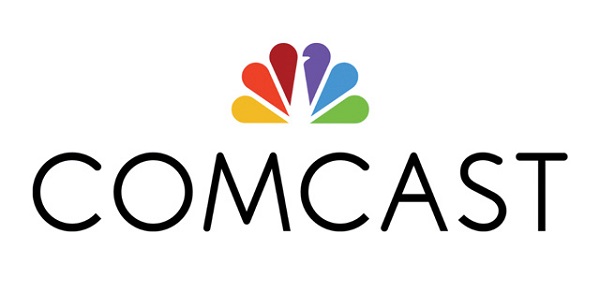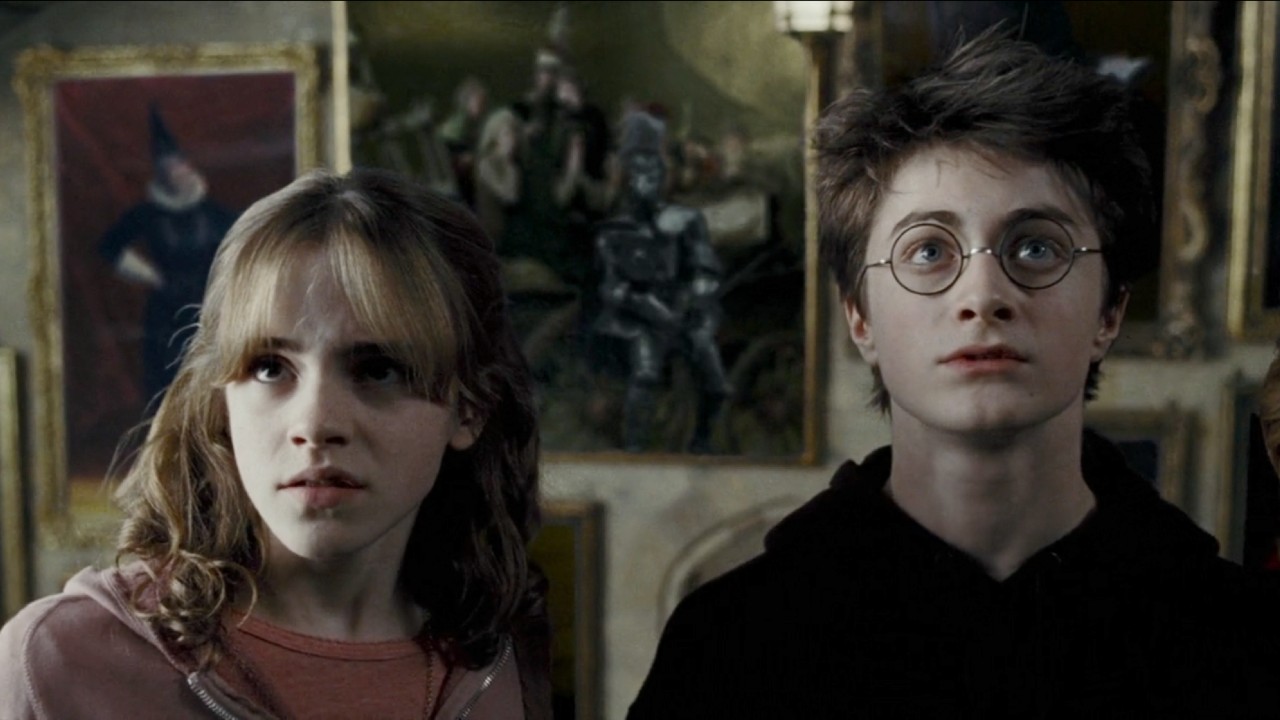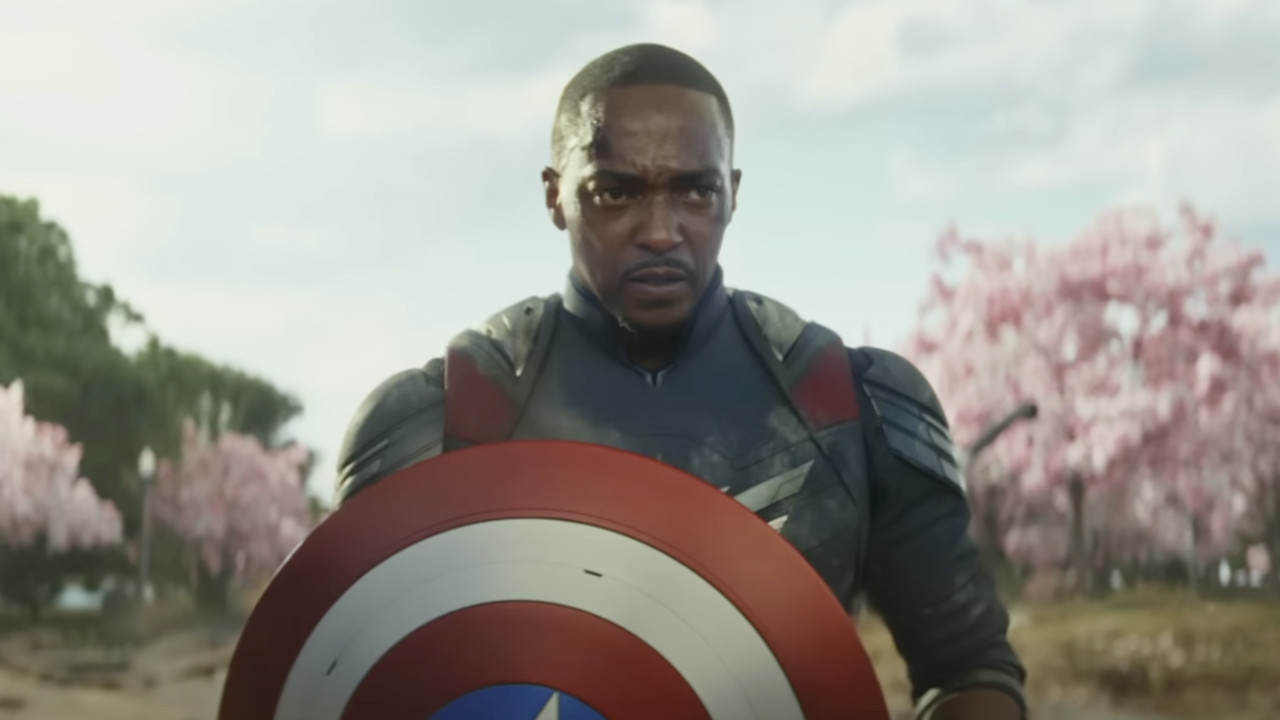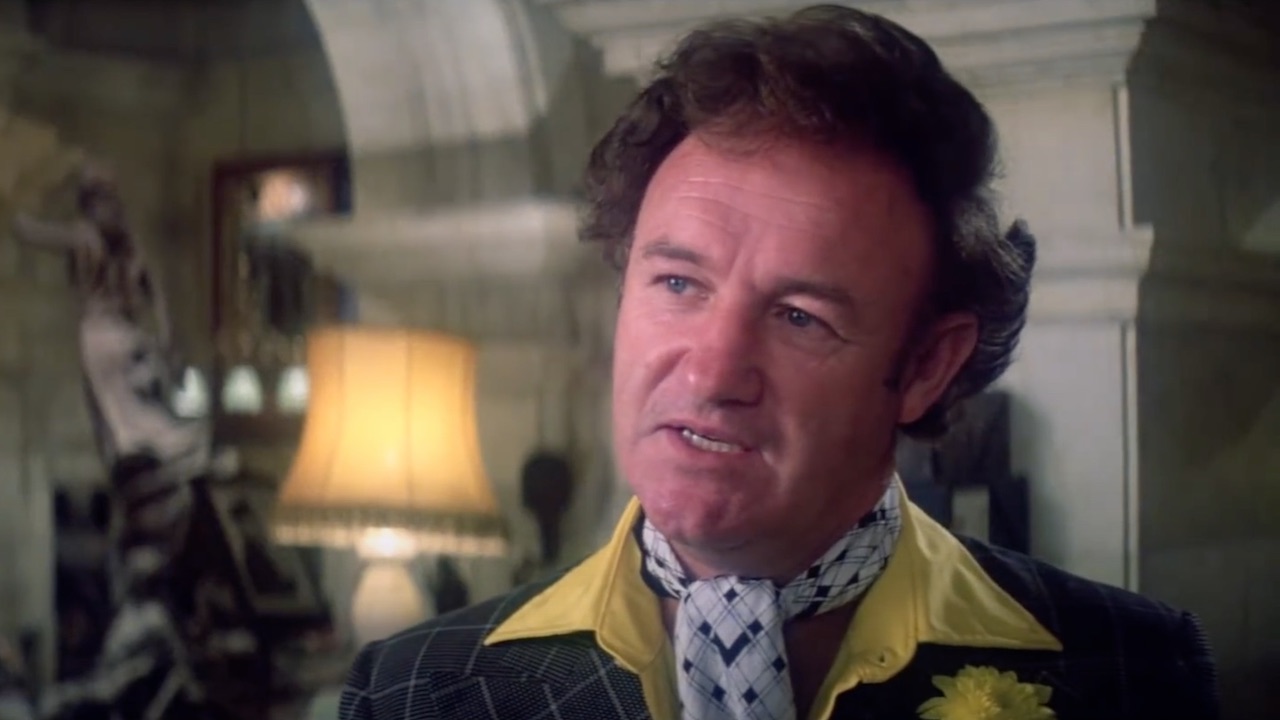Looks Like The Time Warner/Comcast Merger Fell Apart

What would have been one of the most critical collusions in the history of mass media has apparently sputtered out to an anti-climactic whimper. Some fourteen months after the proposed $45.2 billion merger between cable colossi Comcast and Time Warner Cable sent chilling tremors down the spins of consumer advocates and politicians, it was announced that circumstances have forced both industry giants to walk away from the negotiation table.
It is being reported that the merger deal, which would have seen Comcast, the largest cable provider on the planet, acquire the also-immense Time Warner Cable, has failed to move forward. The termination was triggered by last-minute moves of opposition from the FCC calling for what would have been a lengthy series of hearings in which the deal’s approval would hang in the balance. For the embattled deal, it would be the last straw, inciting both parties to decide the move would be more trouble than it was worth.
Of course, that particular “worth” amounted to a whopping $45.2 billion, prompting a prospective acquisition that has been said would create a virtual multimedia monopoly controlling 57 percent of homes in the United States whose broadband speeds adhered to standards set by the FCC. The very idea of consumer choices in the realm of cable could have been rendered a concept more moot than phone booths and VCR repair shops. However, the lurch under which Time Warner was left could open the door for another big-money merger with fourth largest company, Charter Communications.
Interestingly enough, Charter, who had initially attempted a buyout of Time Warner Cable in late 2013 for the even more-substantial caveat-clustered offer of $61.3 billion, actually had a stake in the Comcast/TWC deal to reap 3.9 million cable customers from Comcast in exchange for its cooperation on the legal front. However, while the possibility of them returning to the table for a new deal could rescue TWC from its newfound limbo, investors are reportedly unexcited about the prospect of the this pairing.
The domino effect collapse of the mega-deal also relieves potential implications that would not only have been felt in the cable subscriptions of substantial portions of the U.S. population, but also with the future of the Internet. With Comcast being the largest Internet service provider in the country, and Time Warner Cable being the second, a tremendous amount of Internet users across the country would have been susceptible to what many suspected would be Comcast/TWC tyranny. It’s especially poignant when one considers the exacerbated conflict of interest that would have involved having the fate of one of cable's potentially existential threats, led by Netflix, become broadly susceptible to their policies. It could easily have affected the business model of Netflix and other streaming content companies, sending ripples across the entire world, even to non-Comcast customers.
Some could argue that a monstrous multimedia company using its weight to starve out its burgeoning new media competitors across the Internet, while charging expensive à la carte pricing plans for their customers, might be an imaginative roll down a slippery slope. Indeed, there are arguments that the implications would be minimal, and it was a complex story made up of an unfathomable myriad of details. However, for better or worse, it represented legitimate fears and a lot of people are standing relieved with this latest news of the deal’s dissipation.
CINEMABLEND NEWSLETTER
Your Daily Blend of Entertainment News









